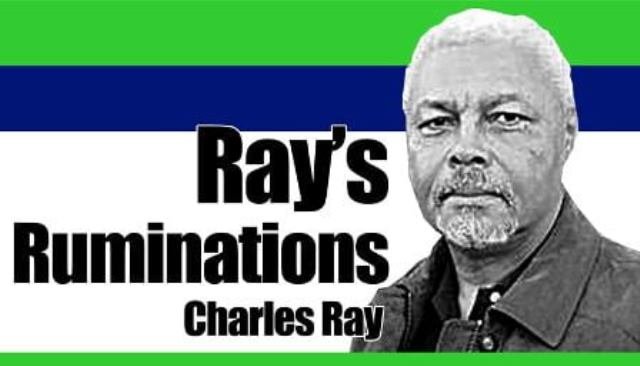
One encounters a number of personality types in the workplace and in society, but there are two that fascinate me: dominant personalities and domineering personalities. I’m fascinated with them because so many people confuse them, or think that they mean the same thing.
This is understandable since both come from the Latin root word dominari which means ‘to rule over or govern. When it comes to personality types, they are not the same, though, as I will explain below.
The first is the dominant personality, which is usually defined as a person who is goal-oriented, decisive, and competitive. These are people who care more about results than personal relationships, ordinarily, but can also possess empathy along with their goal-orientation.
The positive dominant is the type who can walk into a meeting, sit quietly unless asked for input, but who will step forward if the meeting hits an impasse, usually with an effective solution. While they do care for the bottom line, this often means that they’re more willing to listen to good ideas from others that contribute to achieving the organization’s goals. They will not necessarily push for leadership or control of the group, but their self-assurance and skill will often cause the rest of the group to defer to them.
Dominants with good leadership skills are more than willing to share the glory as long as the goal is reached, and feel a deep sense of responsibility if it fails.
Domineering personality types, on the other hand, like to assert their authority over others and will try to manipulate people and situations to get their way. When a domineering type walks into a meeting, he or she immediately begins maneuvering, quite openly in most cases, to take over leadership. These are bossy, controlling, overbearing people who think that they’re always right, are loathe to share credit for victories, but quick to assign blame to others.
An example of a dominant type is a person I know very well. He’s something of a loner, but able to operate comfortably in social situations. In meetings, he speaks when asked, and steps up with gentle suggestions when others are against a wall.
He doesn’t ask for leadership, but it’s often offered, and while his primary focus is getting the job done, he never forgets the people who helped get it done and always shares credit for success and accepts responsibility for failure. He’s sometimes called aloof and standoffish, but never rude, and when he disagrees with others he is sometimes so gentle with it, they don’t even realize that they’ve been disagreed with.
Another person, who is unfortunately a close friend of mine is without a doubt the pushiest, bossiest person in my orbit of friends. She is quick to criticize but gets prickly when criticized. When something goes wrong, she always looks for someone else to blame, but when things go right, she tries to find a way to take the lion’s share of credit for them.
Now, the words are similar, I’ll admit, and people have a tendency to think negatively of both, but tell me honestly, which would you rather work with? Which would you rather be? | NWI




